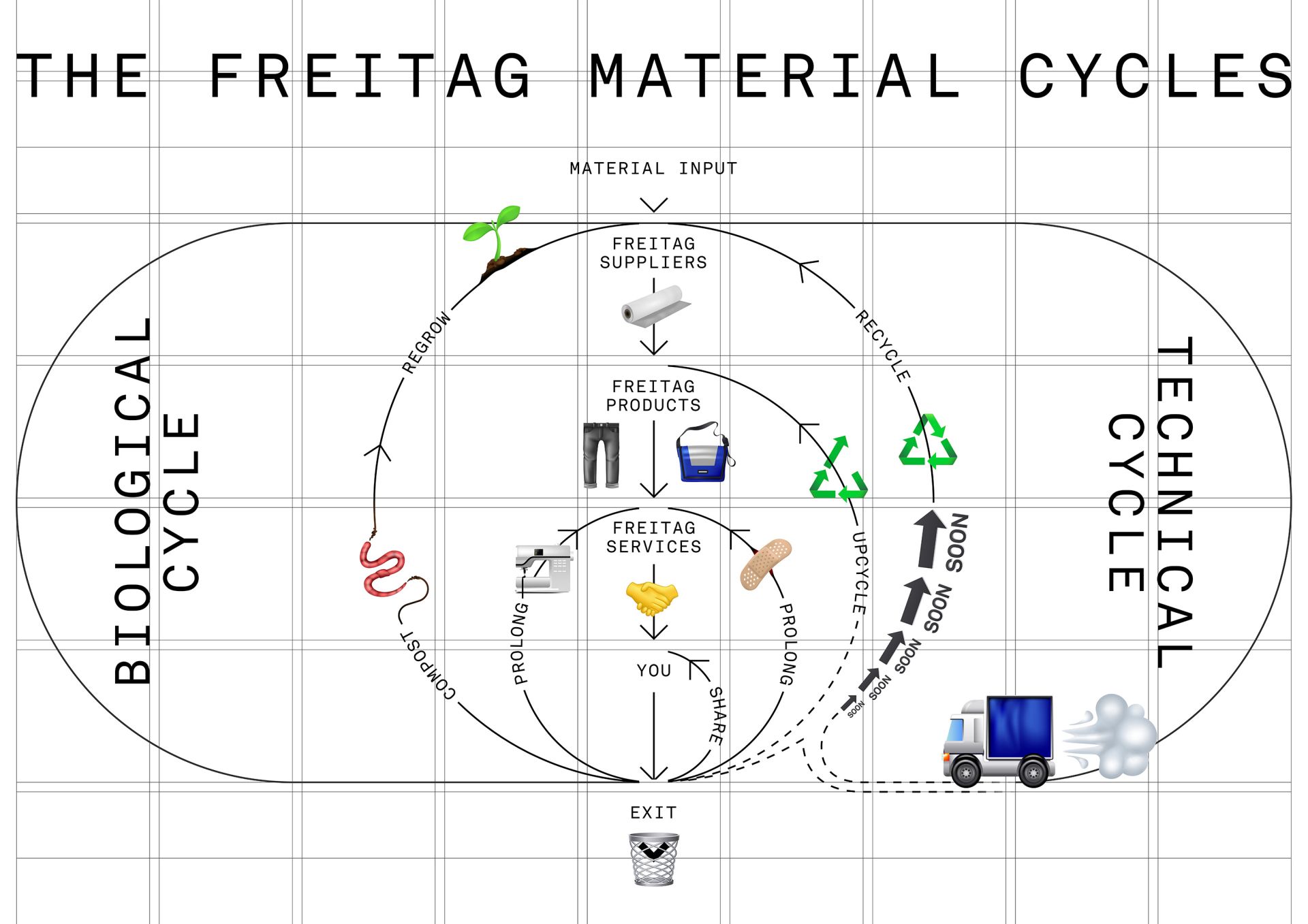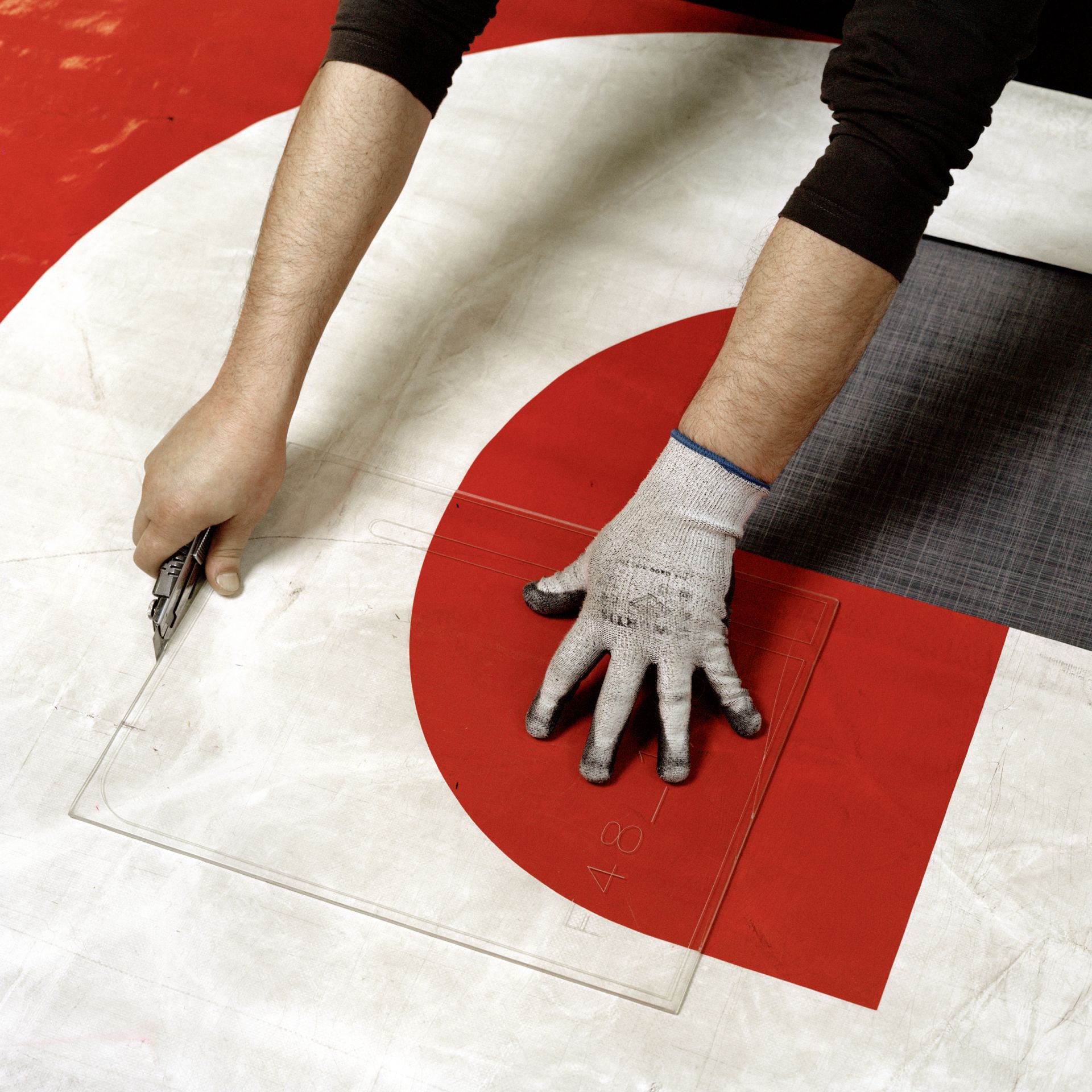
The circular economy is a holistic approach that aims to replace still widespread linear production processes.
OUR UNDERSTANDING
A circular economy is a comprehensive approach that considers the entire material and product cycle: from the extraction of raw materials, intelligent design, sustainable production and extended service life through to multiple recycling.
The circular economy aims to replace the still widespread linear production processes. In a linear economic system, raw materials are mined, and products are manufactured, sold, consumed and discarded. In a circular economy, on the other hand, products and materials are kept in circulation. So, compared with a linear economic system, producers consume significantly fewer primary raw materials and generate less waste.
The circular economy distinguishes between biological and technical cycles. In the former, materials of biological or organic origin should be recycled or composted as far as possible after use and thus flow back into nature as nutrients.
Within the technical cycle, a product’s useful service life can be increased if it can be shared, re-used, repaired or re-processed in ways that maintain their quality through several life cycles. To preserve their material integrity as far as possible, products are only sent for recycling when they can no longer be used. But recycling is an energy-intensive process that involves the occasional use of additives and diminishes the quality of the original material. For these reasons, extending the product life is generally preferable to recycling.

FREITAG CYCLES
We focus on closing technical cycles. We’ve already achieved this by developing the F385 CIRC-CASE, the circular alternative for short-lived iPhone® protectors. They’re made from discarded ski boots and can be returned to FREITAG at the end of their lives so we can ensure they’re turned into new cases. Launched in 2024, the Mono[PA6] Backpack marks another milestone on the road to the circular economy. It’s made of a mono-material, which means it’s the first FREITAG backpack that’s fully recyclable. And the research goes on. Together with partners in industry, FREITAG is developing a circular truck tarp that, after a long second life as a bag, doesn’t end up in the garbage but back in the cycle.
At the same time, circular services, such as the S.W.A.P. bag exchange platform and repair facilities, are designed to give our products as long a life as possible. For the two circular innovations mentioned above, our customized take-back solutions help to keep the materials in the cycle.
Our compostable F-ABRIC clothing line effectively closed the first biological cycle. But now, to focus more clearly on the bags and accessories that make up our core business, we have discontinued production of the F-ABRIC line.






